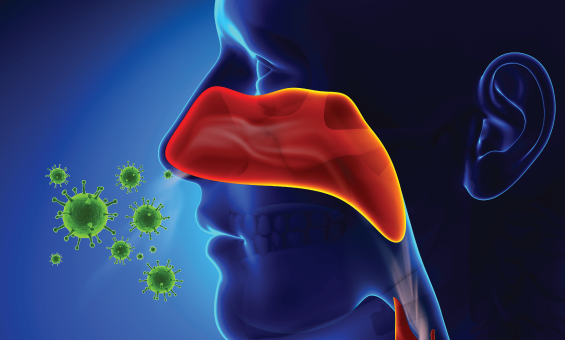Understanding immunity helps you know how the body defends itself against diseases. Knowing about the immune system and how to strengthen it is crucial to staying healthy. Gaining information about immunity also prepares you better against dangerous viruses.
Foods That Boost Immunity
Among the top immune-boosting foods are citrus fruits, garlic, and ginger. These foods enhance the body’s defense system, helping it resist illnesses. Incorporating immunity-boosting foods into your diet contributes to a stronger protection against infections.
Innate and Acquired Immunity
Innate Immunity is the body’s first line of defense and is passed down genetically.
The Skin and External Defense
The skin serves as a strong barrier against bacteria, viruses, fungi, and other harmful agents. It acts like a solid wall, preventing most pathogens from entering. Sweat, oil glands, and tears also secrete substances that destroy many harmful microbes.
Mucosal Membranes
The mucous membranes (nasopharynx, bronchi, gastrointestinal tract, vagina, and uterus) release “lysozyme,” a substance that has a deadly effect on pathogens. These membranes also contain macrophages and Immunoglobulin A (IgA), making them effective in neutralizing threats.
Respiratory Defense
The respiratory tract filters the air we breathe, beginning in the nose. That’s why nasal breathing is encouraged over mouth breathing. Dust and microorganisms are trapped in nasal mucus and expelled. In the bronchi, mucus collects harmful substances, and coughing helps eliminate them—a natural reflex of protection.
Digestive Defense
We also ingest microbes through food and water. The gastrointestinal system, especially the acidic stomach environment, destroys most of these microbes. Bile and intestinal enzymes also have antimicrobial properties. The intestines’ movement (peristalsis) prevents harmful bacteria from adhering to the lining and causing damage.
When Innate Immunity Is Not Enough
Although the innate system is powerful, it may not be sufficient against all microbes and viruses encountered daily. In such cases, the immune system must develop new defenses. This leads to Acquired (Adaptive) Immunity.
Unlike innate immunity, acquired immunity forms throughout life and is not hereditary. It “remembers” each microbe it encounters, creating a kind of immune database. If the same pathogen returns, the immune system recognizes it and quickly initiates a targeted response. This is known as immune memory.
Acquired Immunity and Its Role
Acquired immunity is unique to each individual, like a fingerprint. In some cases, antibodies protect us for years or even a lifetime against diseases such as measles or chickenpox. This is called long-lasting immunity.
Vaccination and Artificial Immunity
Vaccines are a form of artificial immunity. If a vaccine introduces a weakened form of a pathogen, the body builds active artificial immunity. If serum containing ready-made antibodies is injected (e.g., for tetanus or rabies), it provides passive artificial immunity.
Passive immunity acts quickly, but its effect is shorter-lived and less robust than active immunity.
Immunity in Children: The Role of Breast Milk
Newborns receive passive immunity from their mothers via the placenta. This immunity fades by 3–6 months of age and is usually gone by the first year. However, breastfeeding can extend this protection, as breast milk continues to supply antibodies. Pediatricians recommend breastfeeding up to two years for stronger immunity.
Weak Immunity: Symptoms and Measures
The immune system protects against viruses, bacteria, and other pathogens. When it functions poorly, various illnesses can arise. Signs of a weak immune system include frequent illness, persistent fatigue, and recurrent infections. Headaches, insomnia, and low energy levels may also be symptoms. If you notice these, you should consult a doctor. Managing your diet and lifestyle is critical to strengthening immunity.
